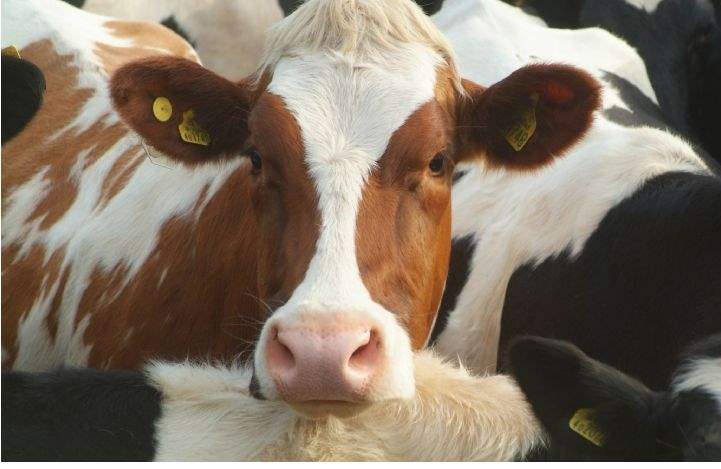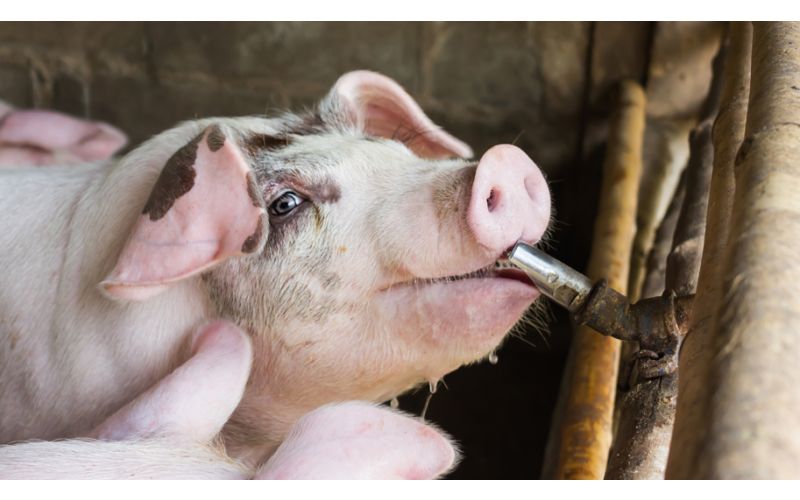Biosecurity in the field of agriculture is of vital importance to Malaysia as it helps to protect of resources used in agriculture from dangers posed by pests or diseases as well as other biological dangers. In a constantly changing global environmental conditions and a growing international trade, the implementation of rigorous biosecurity procedures is vital in order to protect the nation’s agriculture sector and ensure food security. In this post we’ll explore the significance of ensuring that farms are biosecure in Malaysia and present the most effective strategies that are employed to minimize the potential risk.
Biosecurity in the farm is a set of protocols and practices that are designed to stop spreading, introduction, and establishment of pests as well as illnesses in the agricultural setting. Biosecurity plays an essential role to protect the livestock, crops and the whole agricultural ecosystem from possible hazards. With the help of biosecurity-based measures, Malaysia aims to prevent financial losses, keep its position as the world’s leading agricultural exporter, and protect its supply chain of food.
The effective control of disease is essential to biosecurity in the farm, especially for animals. Malaysia is implementing a range of methods to control and prevent diseases outbreaks. strict quarantine protocols for import animals along with vaccination programs as well as regular health screenings are carried out in order to prevent the early detection and control of illnesses. Additionally, livestock farmers are encouraged to adhere to proper hygiene procedures, which include sanitation routines for disinfection, appropriate garbage management and limiting access to farms.

Biosecurity in the crop is crucial for maintaining the productivity of agricultural production as well as safeguarding Malaysia’s sources of food. Malaysian farmers employ biosecurity strategies to safeguard their the crops from pests, diseases and other the spread of invasive species. Integrative pest control (IPM) methods like crops rotation, pest-resistant varieties and biological pest control are used to reduce use of pesticides that contain chemicals as well as reduce environmental risk. Continuous monitoring of crops, rapid detection of diseases, and rapid reaction mechanisms are crucial in ensuring the health of crops and to preventing loss of yield. For more information please visit here https://sunzencorp.com/
Due to the global trade nature, Malaysia recognizes the significance of securing border control as well as strict regulations for trade to ensure the prevention of entry by insects and diseases. Malaysia has developed extensive export and import procedures that incorporate strict inspections, requirements for certification and quarantine processes. These protocols are essential to helping to protect local farmers by decreasing the dangers associated with the introduction of exotic species and exotic pests via the international market.
Inspiring collaboration and generating public awareness are the key elements of a successful biosecurity program for farms. The Malaysian government collaborates closely with the industry, farmers as well as research institutes in order to create and promote the best practices in biosecurity. Workshops, training programs as well as awareness campaigns are organized to inform both the general public and farmers on how important biosecurity measures are in identifying diseases as well as the proper methods for managing farms.



